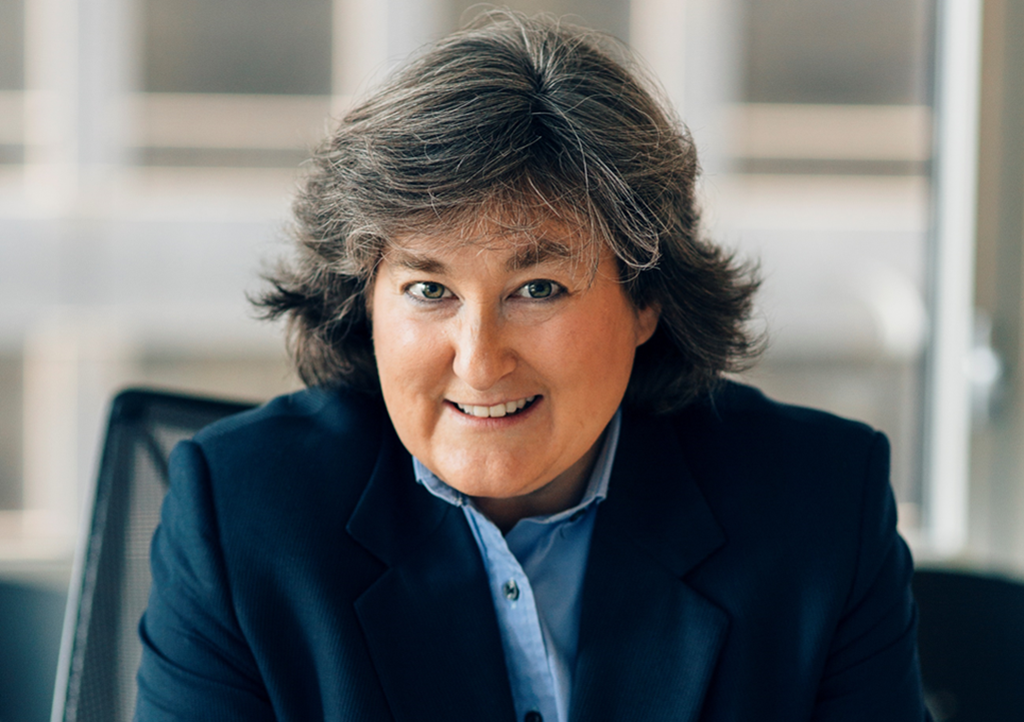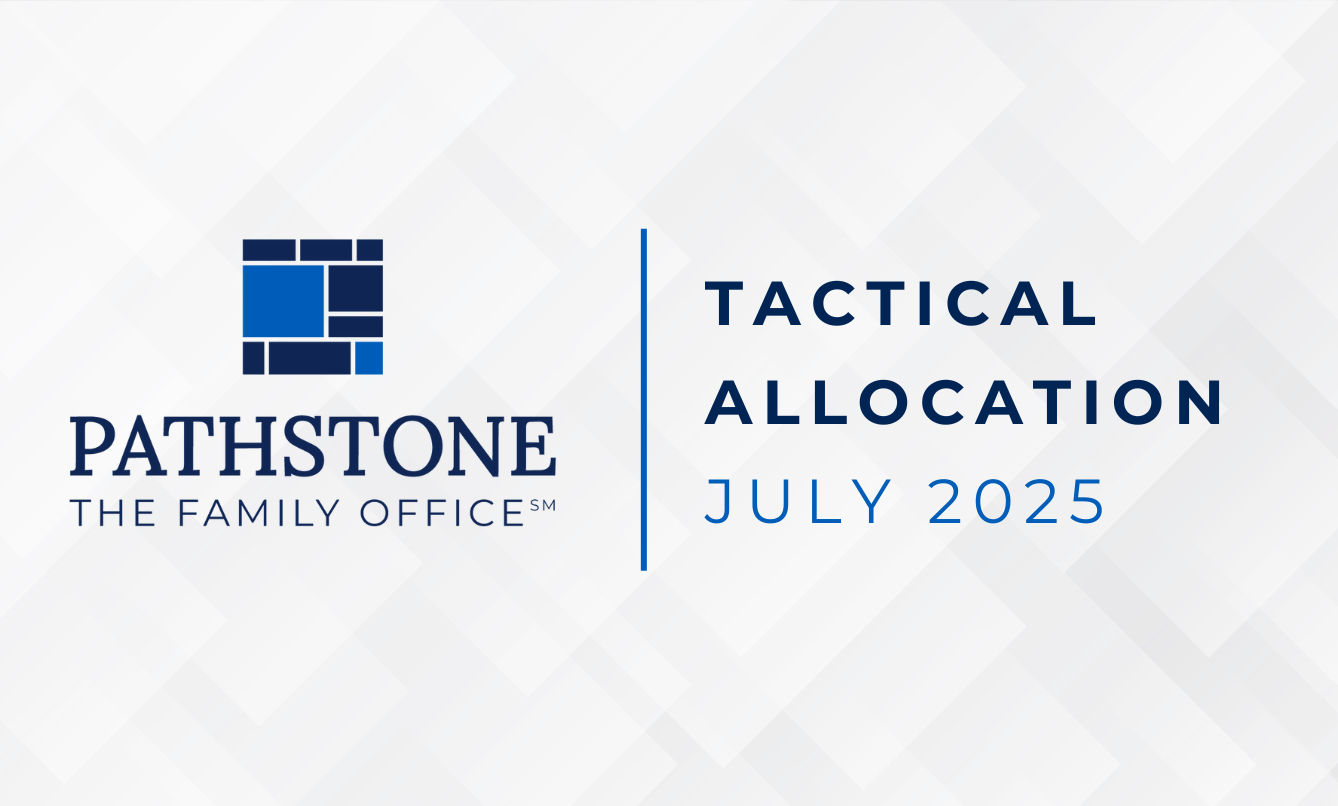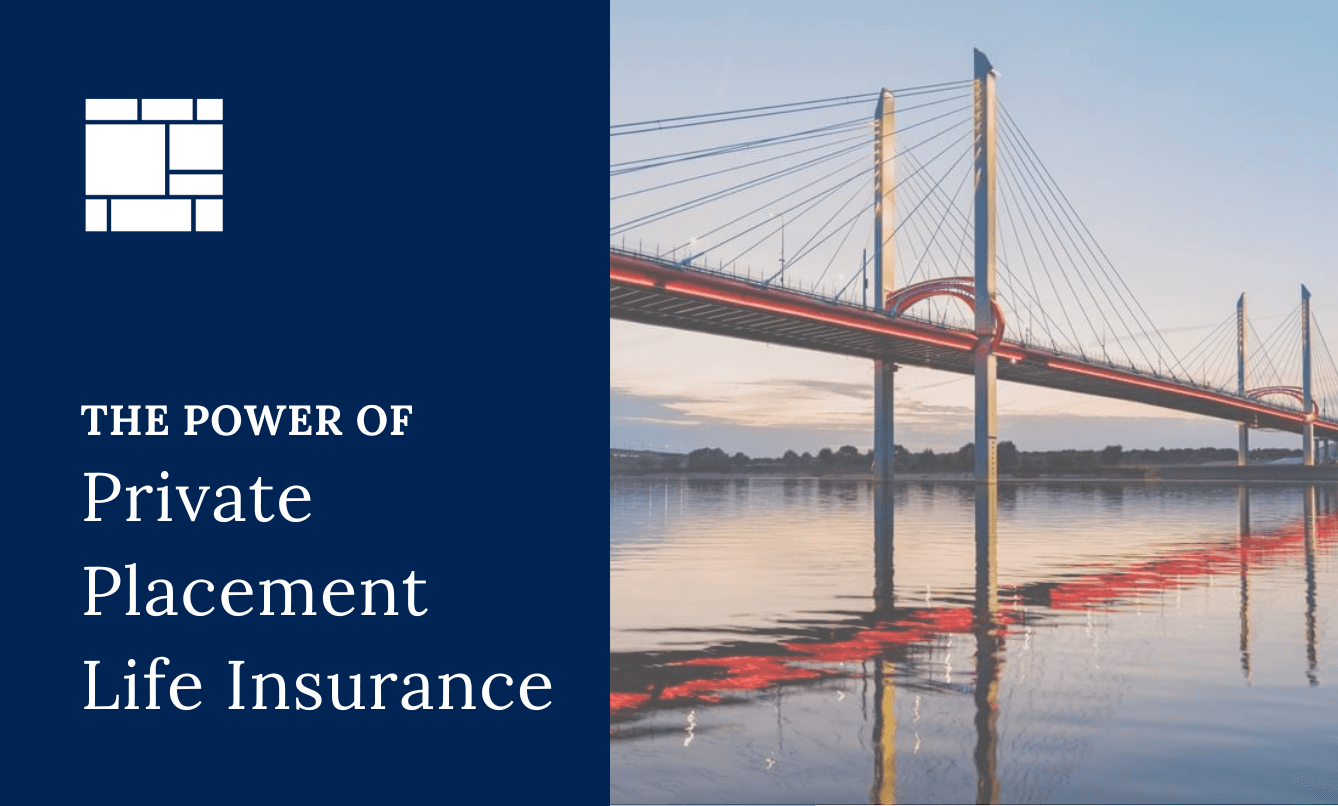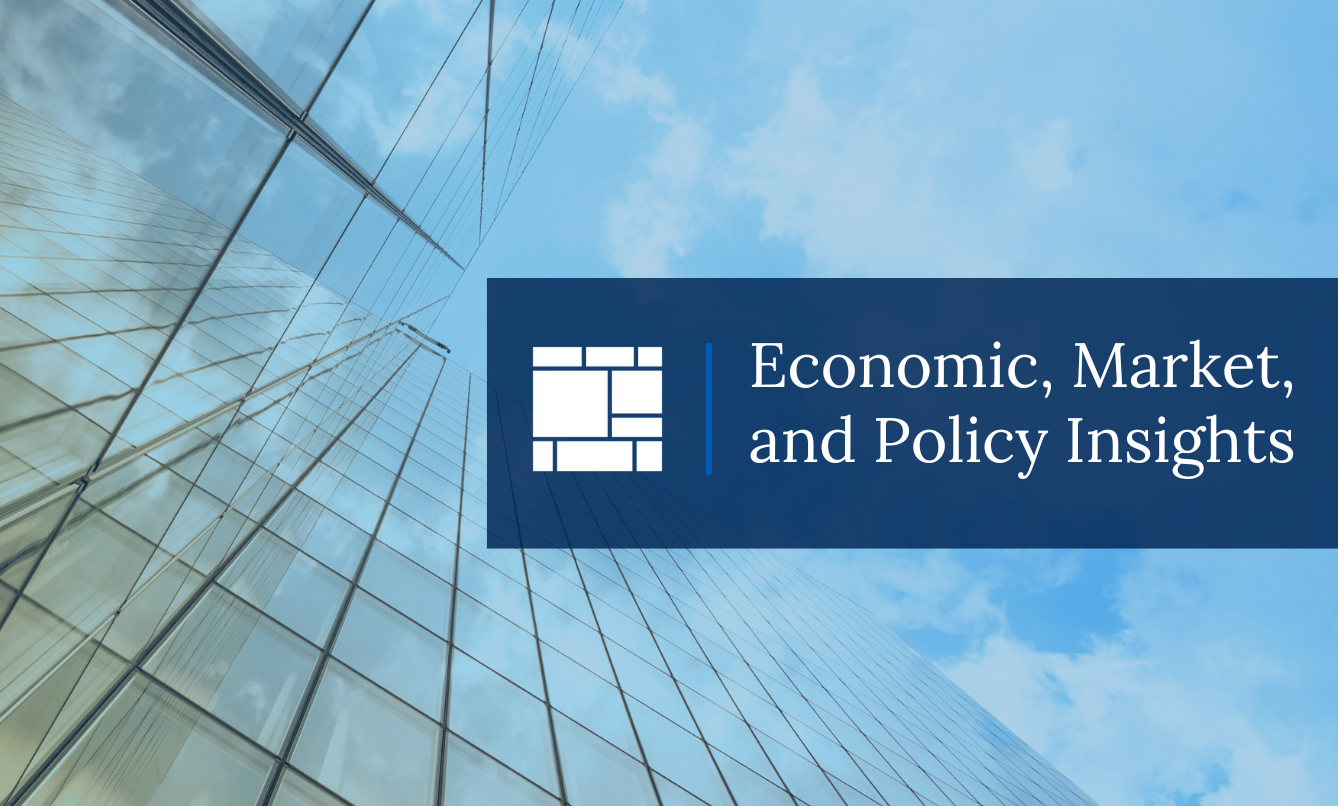HerPath Committee Member, Anna Veret, caught up with Erika Karp, Pathstone’s Chief Impact Officer. Erika recently joined Pathstone from Cornerstone Capital Group, the sustainable and impact investment advisory firm she founded in 2013.
What role have women played in leading and deepening the impact investing movement?
The extent to which women have led the movement is extraordinary in both breadth and depth. We owe an enormous debt of gratitude to women such as Joan Bavaria, Amy Domini, Susanne Stormer, Jean Rogers, and Suzanne MacCormac, who have each blazed trails in their respective disciplines allowing for awesome progress in the field of sustainable finance. In fact, without their work, we could not see the system change that has been accelerating in recent years. As to the reason we have seen this leadership, several issues might be at play. Among them could be the historical necessity of women to be able to multi-task, to empathize, to think laterally, to acknowledge and prepare for risk, to be strong, and propagate humanity.
Do you find more women interested and participating in impact investing? If so, are there common traits?
In referencing all the above, the wonderful thing about our field for women is that we have a great number of role models and mentors which is unique in the financial services market.
Asset managers historically would not be willing to discuss their values as it relates to their investment work. I believe that women are more authentic about having these discussions…especially with all the evidence that sustainable and impact investing does offer market-rate returns!
What advice would you give women today to help them on their journey of gaining or continuing financial independence? To get involved with Impact Investing?
Achieving financial independence starts with financial literacy. And that can sound scary when starting, but it is really not! There are some basic issues like that of compound interest and risk/return tradeoffs that need to be internalized. And then as it relates to sustainable and impact investing, the key is to think about the main Environmental, Social, and Governance factors as they relate to each industry and each company. What matters in terms of both financial and societal impact? Getting involved in impact investing must be intentional, it must be aspirational, and it must be long-term. The important thing to know is that whatever terms might be used, it is just investing!
As we come into tax season, what advice would you give women for charitable giving? *
DAFs DAFs DAFs
What got you interested in Impact Investing and what is one thing you do to make your mark on people and the planet every day?
My journey to impact investing was very organic. After 25 years on Wall Street and as a Director of Research, I came to learn that understanding important investment research implies going down avenues of inquiry that may not be immediately intuitive: why ask a semiconductor company questions about water scarcity? Why ask a hotel company about modern-day slavery? Why ask a women’s healthcare company about climate change? That is for our next conversation…..
After many years in the business, I learned that I could absolutely align my investments with my values. I learned that by integrating my perspectives on all aspects of the capital markets, I could run a firm that brings institutional capabilities and laser focus on moving the field forward.
To learn more about Erika and ESG and Impact investing, please follow Pathstone on LinkedIn for regular updates and thought pieces.
*Donor Advised Fund (DAF)
For women interested in charitable giving and a desire to pass these values onto future generations, funding a donor-advised fund (DAF) can create the unique opportunity to establish a multi-generationally focused charitable fund with minimal legal and administrative burden. Accordingly, women can channel more of their time and focus on collaborative giving and philanthropic engagement and less of their time on the administration and management of a more formal foundation or other charitable structure.
DAF sponsor charities allow individuals to establish separately managed accounts under their charitable umbrella and then direct how the charity invests and advise on how the DAF distributes money out in support of other charitable causes that align with the donor’s unique interests and values. Establishing a fund is as easy as opening a brokerage account, with the sponsoring charity providing professional administration, philanthropic resources, and often, technology platforms that empower philanthropic research and even enable remote family collaboration.
A well-managed DAF often will outlive its benefactor and allow the donor’s family to carry on her philanthropic legacy during their lifetimes as well. A modern solution for modern philanthropists!
Please see the PDF version of this article for important disclosures.

